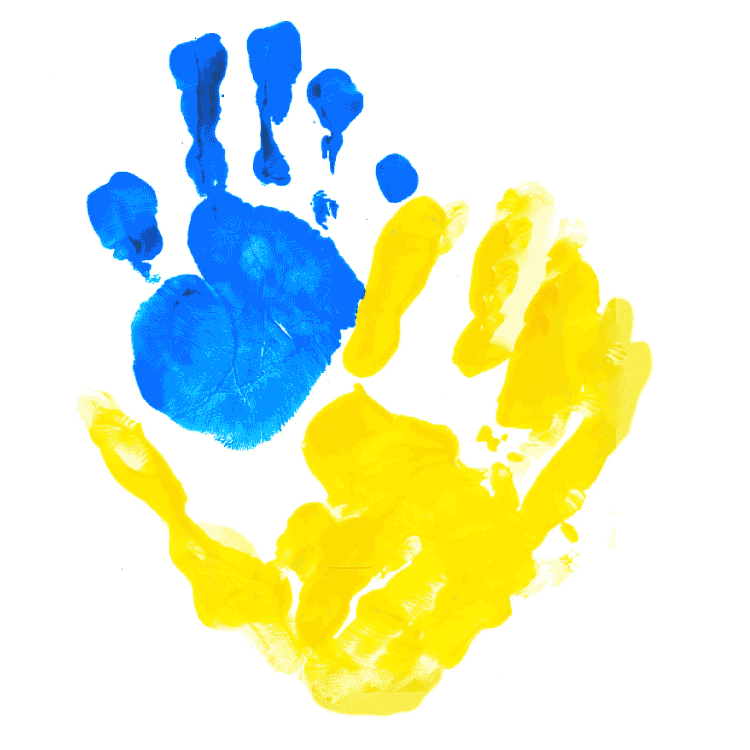Involvement of Aboriginal and Torres Strait Islander Peoples and culturally and linguistically diverse communities
For a Guideline to serve the needs of all Australians, it is critical that the guideline development process includes proper consideration of issues relating to Aboriginal and Torres Strait Islander Peoples and culturally and linguistically diverse communities.
These considerations include recognising the enduring impact of historical injustices, discrimination, and marginalisation of Aboriginal and Torres Strait Islander Peoples; the importance of understanding and embracing culturally-bound understandings of child development, family, child-rearing practices, and disability; and the need to ensure that every Australian has access to culturally-responsive and appropriate health and education services, delivered by people with appropriate knowledge, skills, understanding, and experience. The GDG took the following steps to ensure the Guideline Recommendations were responsive to these and other considerations relevant to these peoples and communities:
- One member of the GDG (Teresa Pilbeam) was specifically appointed based on significant experience and expertise in working with Aboriginal and Torres Strait Islander Peoples and communities.
- The Reference Group included representatives from the peak organisation serving the health of Aboriginal and Torres Strait Islander Peoples, and the peak organisation representing Australians from culturally and linguistically diverse populations.
- National Aboriginal Community Controlled Health Organisation (NACCHO)
- Federation of Ethnic Communities’ Council of Australia
- In consultation with Teresa Pilbeam (GDG member), the GDG:
- Ensured that 12 organisations that represent and/or work closely with Aboriginal and Torres Strait Islander Peoples received a direct invitation to participate in the community consultation activities.
- Established with the National Aboriginal Community Controlled Health Organisation (NACCHO) an understanding that the Autism CRC seeks to enter into a long-term partnership with the Aboriginal and Torres Strait Islander community, that will grow over time and support proper way collaboration and consultation. Short term agreed outcomes included consultation on the Guideline (as a member of the Reference Group), GDG member participation in a yarning circle in Darwin relating to service provision within the National Disability Insurance Scheme, and consultation regarding key issues in the provision of supports to autistic Aboriginal and Torres Strait Islander children.
- Reviewed key documents to inform the development of the Guideline, including the Australian Institute of Aboriginal and Torres Strait Islander Studies (AIATSIS) Code of Ethics for Aboriginal and Torres Strait Islander Research (2020).
